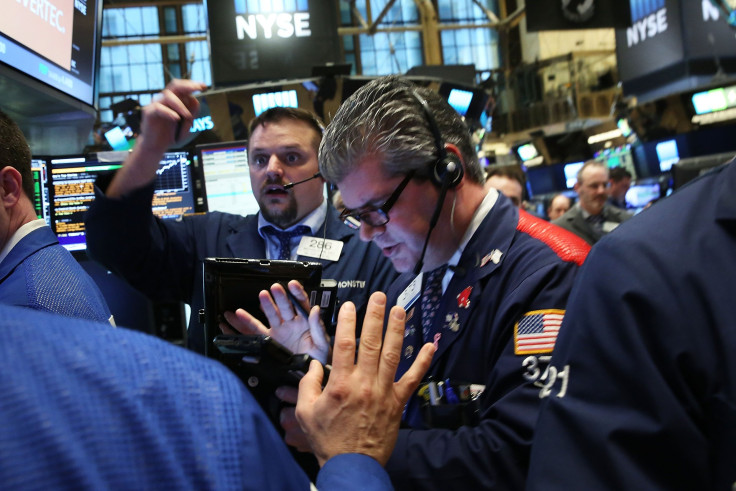What To Expect: Oil Likely To Pressure Stocks This Week

With earnings season behind them, investors this week likely will turn their attention to the European Central Bank and oil prices, which are likely to suffer from Sunday’s failure by major producers to freeze production levels.
Though the Dow Jones Industrial Average again is flirting with an all-time high, equities this year have followed oil. The Dow closed the week up 1.8 percent at 17,897.46. The Nasdaq was up 1.8 percent as well to close at 4,938.22 while the Standard & Poor’s 500 ended the week up 1.6 percent at 2,080.73.
Oil prices are likely to fall in the wake of Sunday’s news since prospects for an agreement in Doha, Qatar, among OPEC and non-OPEC members pushed prices to their highest level for the year Friday. U.S. crude closed at $40.36 Friday in New York while Brent crude ended the day in London at $43.10.
In early Asian trading on Monday, crude oil futures were down more than 5 percent, Reuters reported. International benchmark Brent crude futures were trading at $40.87 per barrel at 2336 GMT, down 5.2 percent since their last settlement. U.S. crude futures were down 5.5 percent at $38.16 a barrel.
Prospects for an agreement on oil production fizzled when Iran decided against attending the Doha meeting, and Saudi Arabia said it had no intention of limiting production unless everyone else agreed to do the same. Following the session, Qatari Oil Minister Mohammed Saleh al-Sada said further consultations were needed and no decision would be made until at least the June OPEC meeting.
The ECB meets Thursday to decide whether to continue easing to bolster eurozone credit. ECB actions so far have pushed the euro up at the expense of equities. As the euro retreated from a $1.1465 high last week, the Euro Stoxx 600 climbed 3.3 percent but still was down 6.3 percent for the year.
The ECB is expected to extend its Targeted Longterm Refinancing Operations, which allow banks to borrow at super-low rates — sometimes even negative rates, meaning the ECB pays them to take funds — if the money is used to make new loans. The Wall Street Journal, however, noted the last round increased the value of business loans only 0.6 percent last year. The ECB also is expected to buy an undetermined number of corporate bonds as part of its quantitative easing program, but it remained unclear exactly how the program, which was increased in March from 60 billion euros to 80 billion euros, would work and how many bonds of all kinds it would buy a month.
In the past month, central banks in India, Indonesia, Turkey, Hungary and Taiwan have lowered interest rates, giving a boost to their stock and bond markets. Analysts told the Journal they expect more developing countries to follow suit in coming months.
What else to watch for this week: U.S. housing starts will be announced Tuesday along with consumer spending. Existing home sales and the Energy Information Agency oil stockpile report are scheduled for Wednesday, with the Philadelphia Federal Reserve business outlook survey scheduled for Thursday.
© Copyright IBTimes 2024. All rights reserved.






















